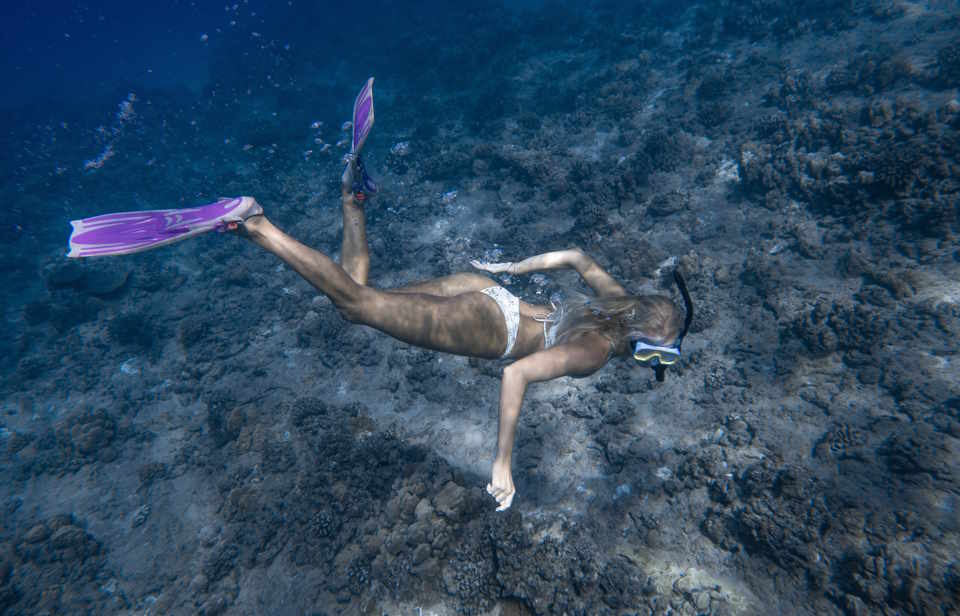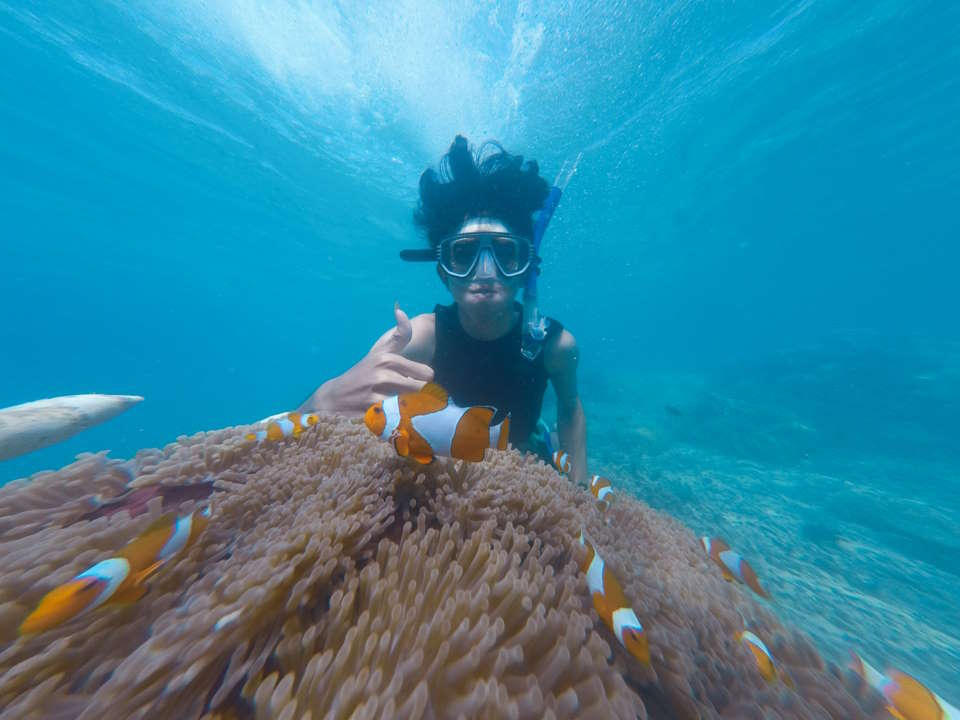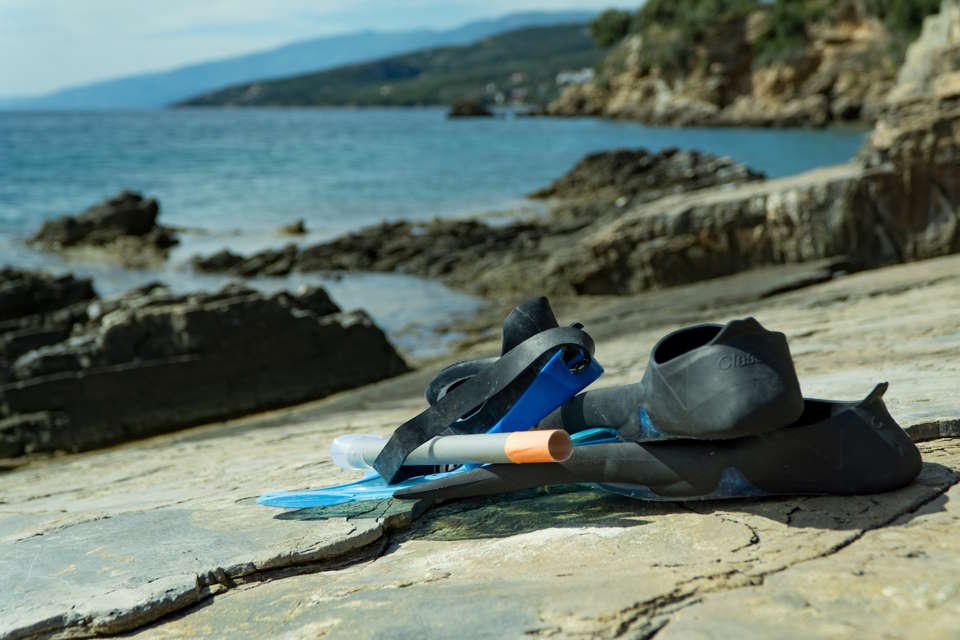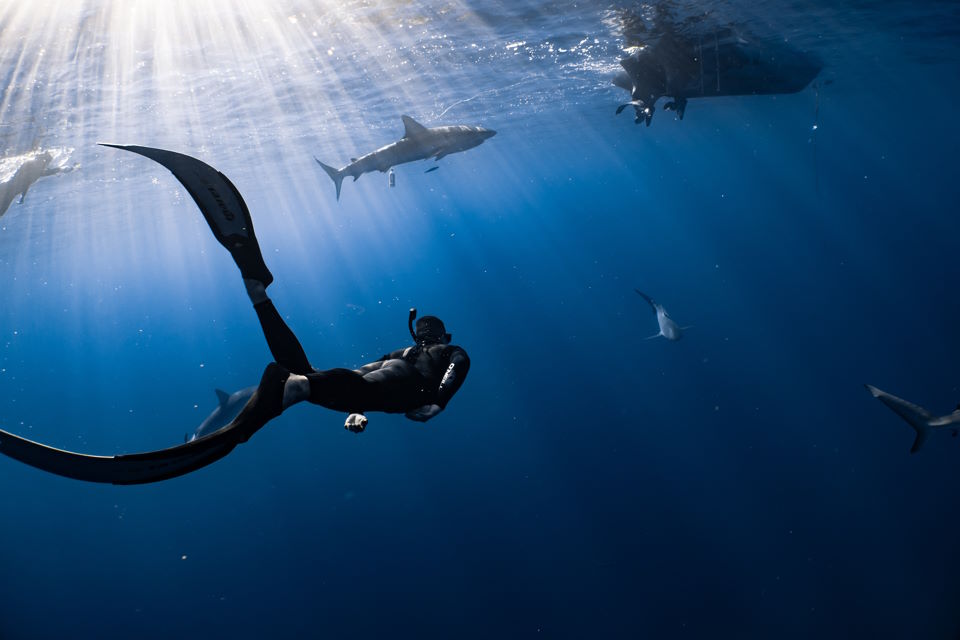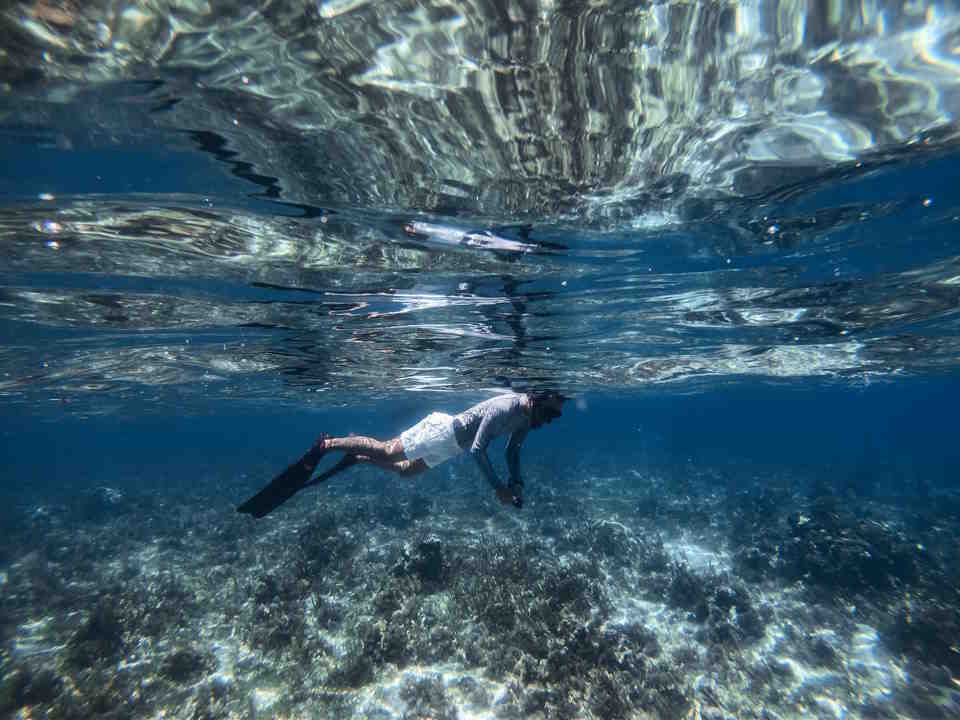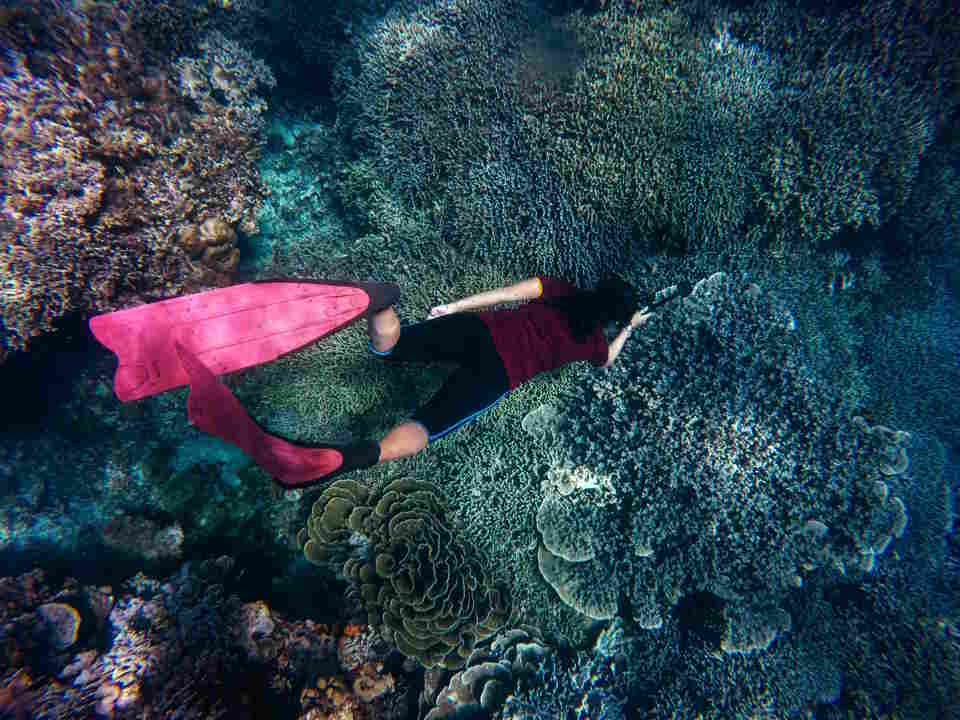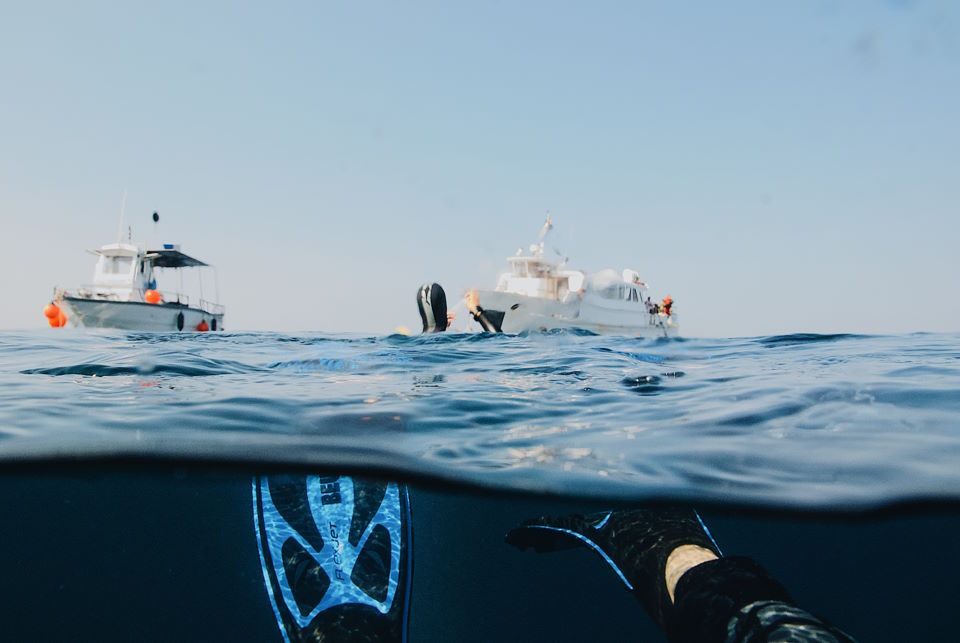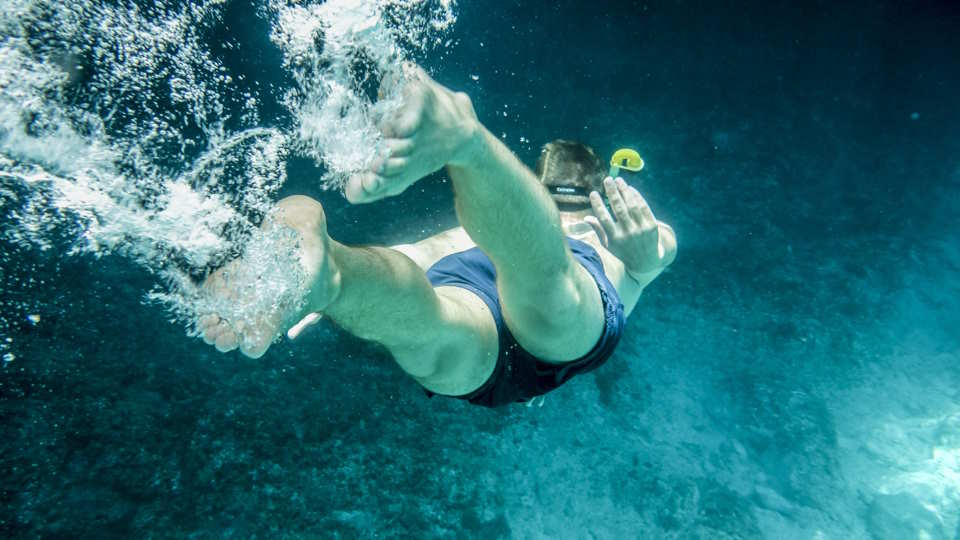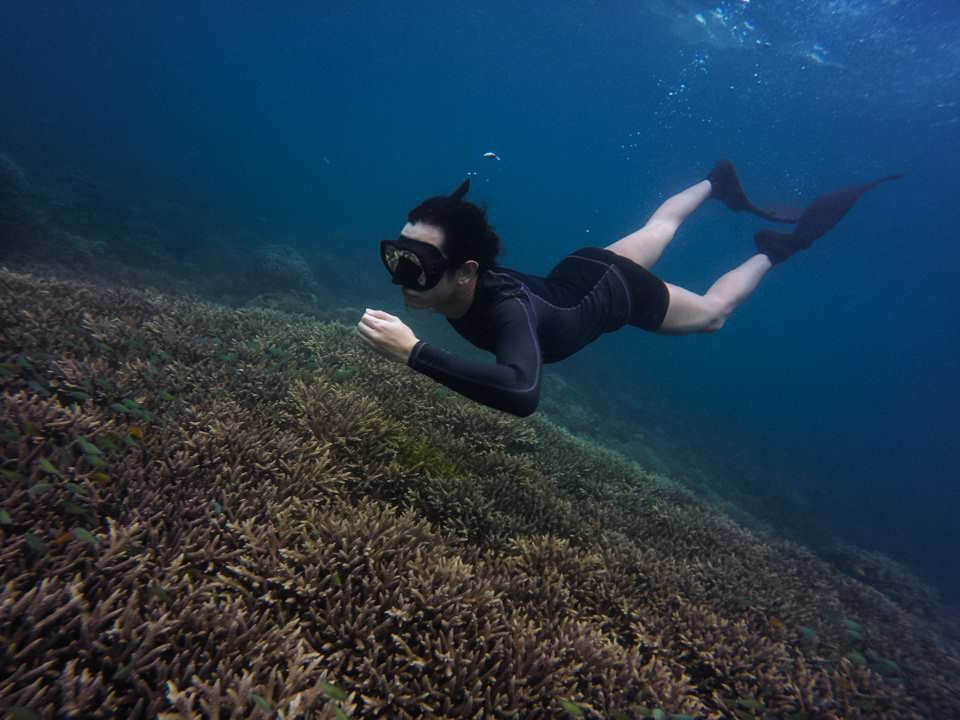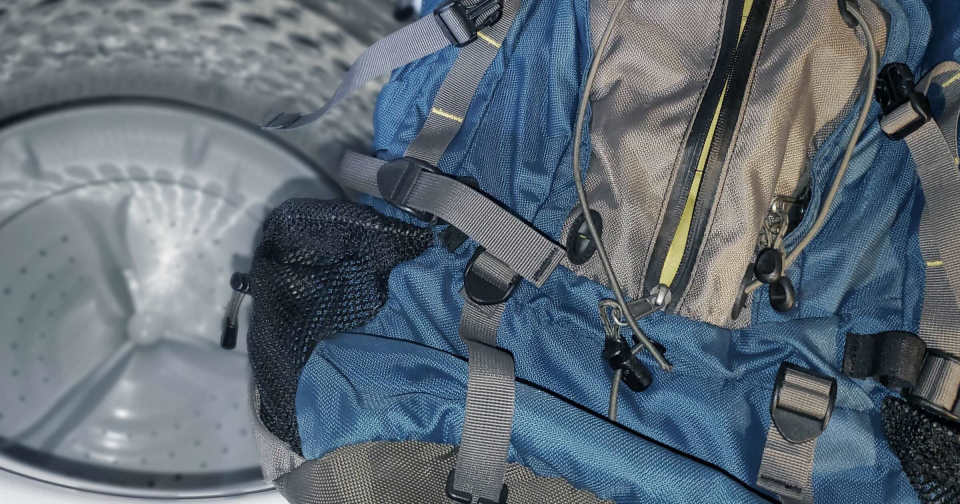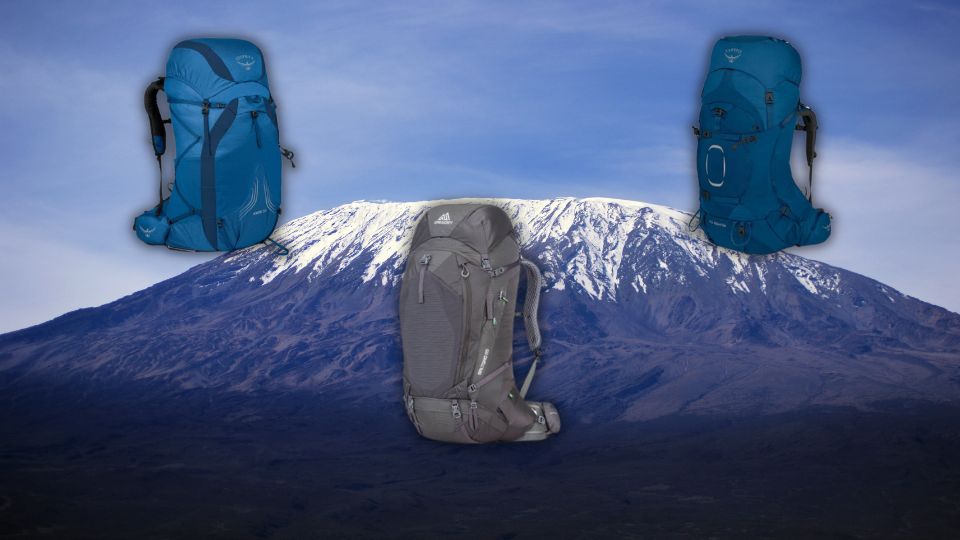Snorkeling is an incredible experience that many people enjoy while traveling to beautiful coastal destinations. But what if you’re pregnant? Can you still snorkel safely while carrying a baby? This is a common concern for expectant mothers who want to stay active and continue with their leisure activities. We will delve into the topic of snorkeling during pregnancy and discuss the risks associated with it. We’ll also answer some of the commonly asked questions: can you snorkel at 28 weeks pregnant? Is it safe to hold breath while pregnant? And at what point in pregnancy should you stop swimming? Keep reading to learn everything you need to know before heading out to the sea with your baby bump.
Introduction
Are you an expecting mother who loves the beach and water activities? It’s natural to have questions about which activities are safe during pregnancy. One popular activity that pregnant women often wonder about is snorkeling.
Snorkeling is a fun and low-impact water activity that many people love. However, when it comes to pregnancy, there are specific precautions that pregnant women should consider to ensure that they and their growing baby stay safe. Despite the excitement of seeing exotic marine life underwater, expectant mothers should be careful and understand the potential risks involved.
First off, before considering any water activity while pregnant, consult your healthcare provider. Depending on your pregnancy, there may be different guidelines for you. They may advise against snorkeling in certain conditions. Additionally, it’s essential to understand that snorkeling poses unique risks to pregnant women. During immersion, the body’s oxygen supply can be limited. Pregnant women tend to have a higher metabolic rate and require more oxygen than non-pregnant individuals. Furthermore, going deep underwater can cause pressure, especially on the eardrum. Pregnant women should be cautious about the pressure build-up and potential for an injury.
Here are some tips for safe snorkeling during pregnancy:
-
- Choose a location with calm waters and avoid areas with strong currents or waves.
- Snorkel with a partner and stay near the shore.
- Invest in high-quality gear to ensure maximum comfort and safety.
- Take frequent breaks and stay hydrated.
- If you feel lightheaded or short of breath, surface immediately and rest.
Ultimately, it’s up to you and your healthcare provider to decide whether snorkeling is safe for your pregnancy. However, always keep in mind that your health in pregnancy is important and should be your top priority. Thus, it’s better to avoid taking risks and prioritize the safety of you and your baby.
What Are the Risks of Snorkeling While Pregnant?
Snorkeling is a fun and relaxing activity that many people enjoy. However, if you are pregnant, you may be wondering whether it is safe to go snorkeling. While there is no definitive answer, experts generally recommend that pregnant women avoid snorkeling due to the potential risks involved.
One of the main risks of snorkeling while pregnant is the possibility of injury. Snorkeling often involves swimming in areas with underwater rocks, coral, and other potentially hazardous objects. If you are pregnant, you may be more prone to accidents due to changes in your balance and coordination. Additionally, if you were to accidentally inhale water while snorkeling, you could put yourself and your developing baby at risk.
Another potential risk of snorkeling while pregnant is the exposure to harmful bacteria and viruses in the water. These can cause infections that could be dangerous for both you and your baby. In addition, if you were to become ill while snorkeling, you could experience dehydration or other complications that could be harmful to your pregnancy.
-
- In conclusion, while it may be tempting to go snorkeling during your pregnancy, it is generally not recommended due to the potential risks involved.
- If you are interested in other water activities that are safe for pregnant women, consider swimming in a pool with a lifeguard on duty, taking a water aerobics class, or simply floating in a calm body of water.
If you have any concerns or questions about snorkeling or any other activities during pregnancy, be sure to consult with your healthcare provider. They can offer guidance and recommendations based on your specific needs and health history.
Can You Snorkel at 28 Weeks Pregnant?
As an expectant mother, you may be wondering if it is safe to snorkel while pregnant. Snorkeling is a popular activity for tourists who want to explore the underwater world. It involves swimming near the surface of the water while wearing a snorkel mask and fins. Snorkeling can be a fun and relaxing activity, but when you are pregnant, you need to be cautious about the risks involved.
If you are 28 weeks pregnant and considering snorkeling, you need to take into account a number of factors. One of the main concerns is the potential risk of decompression sickness. This condition occurs when you ascend too quickly from a deep dive and nitrogen bubbles form in your bloodstream. Symptoms can range from mild joint pain to life-threatening complications such as paralysis and stroke.
It is important to note that there is no specific guideline on whether or not it is safe to snorkel at 28 weeks pregnant. Every pregnancy is unique, and what may be safe for one woman may not be safe for another. That said, there are a number of steps you can take to minimize the risks involved and ensure a safe and enjoyable snorkeling experience.
- Consult with Your Doctor: Before you set out on a snorkeling trip, it is important to speak with your doctor about your plans. Your doctor can assess your current health status and advise you on whether or not it is safe for you to snorkel.
- Choose a Safe Location: When selecting a snorkeling location, it is important to choose a site that is relatively shallow and has calm waters. Avoid locations with strong currents or rough surf, as these can pose a risk to both you and your unborn baby.
- Use Proper Equipment: Make sure you wear a well-fitting snorkel mask and fins. It is also a good idea to wear a wetsuit or rash guard to protect your skin from sunburn and stings from marine life.
Is It Safe to Hold Breath While Pregnant?
Many women who are pregnant may wonder whether it is safe to hold their breath for prolonged periods of time, such as while swimming or doing yoga. Taking deep breaths and holding them is a common part of many exercise routines, but when you’re pregnant there may be added concerns about how this will affect both you and your growing baby. We’ll explore the topic of holding your breath while pregnant and whether it is safe to do so.
First and foremost, it is generally recommended that pregnant women avoid holding their breath for extended periods of time. This is because doing so can cause a decrease in oxygen levels, which can be dangerous for both the mother and the baby. It is especially important to avoid this practice during the later stages of pregnancy, when the baby’s need for oxygen is even greater.
So, what are some situations where you may be tempted to hold your breath while pregnant?
- Swimming – especially when trying to stay underwater for as long as possible
- Yoga – particular poses, like the Plank and Upward Dog, may require holding your breath
- During certain medical tests, such as an MRI
If you do need to hold your breath for a brief period of time (such as during a medical test), make sure to take shallow breaths leading up to it. This can help ensure that your body has an adequate amount of oxygen stored up, which can be useful in maintaining healthy oxygen levels during the brief period of breath-holding.
Can You Swim in the Ocean While Pregnant?
Swimming is a great form of exercise for pregnant women. It is known to be gentle on the joints and can provide a full-body workout. Many women who are pregnant wonder if they can swim in the ocean. This is a common question that comes up due to some of the perceived dangers surrounding ocean swimming.
Firstly, it’s important to discuss the benefits of swimming during pregnancy. Swimming can help strengthen the core muscles, improve circulation, and promote relaxation. It’s also a low-impact exercise, which means that there is minimal pressure placed on the joints. This can be particularly helpful for women who are experiencing back or joint pain during pregnancy.
However, when it comes to swimming in the ocean, there are a few things to consider:
- The first thing to keep in mind is the water temperature. Pregnant women should avoid swimming in water that is too cold, as this can cause shock to the body.
- It’s also important to be aware of rip currents and other dangers that may exist in the ocean. Always swim in areas that are designated as safe for swimming, and consider wearing a flotation device if necessary.
In addition to these precautions, pregnant women should also take steps to protect their skin from the sun. This means wearing a hat, sunglasses, and a sunscreen with a high SPF. It’s also a good idea to avoid swimming in the middle of the day when the sun is at its strongest.
At What Point in Pregnancy Should You Stop Swimming?
Swimming is a recommended form of exercise for pregnant women due to its low-impact nature and ability to increase cardiovascular health without causing undue stress on the body. There are, however, concerns about when it may no longer be safe for a pregnant woman to continue swimming.
Experts suggest that women can safely swim at any point throughout their pregnancy unless they experience any complications. However, as the pregnancy progresses, it may become more challenging to move around in the water due to increased weight and body size. Additionally, the risk of falls or other accidents may increase as the center of gravity shifts.
- It is important for pregnant women to listen to their bodies and take breaks as needed while swimming. It is recommended to avoid diving or jumping into the water, as sudden movements can increase the risk of injury.
- As the due date approaches, women may find it uncomfortable to spend extended periods submerged in water due to pressure on the bladder and other organs.
| Dos | Don’ts |
|---|---|
| Wear a well-fitted and supportive swimsuit
Stay hydrated before, during, and after swimming Practice gentle stretching before and after swimming to reduce muscle soreness |
Avoid swimming alone
Avoid pools with extreme chlorine levels Avoid swimming in lakes or other natural bodies of water with unknown or unsafe conditions |
Overall, swimming is a safe and beneficial form of exercise for pregnant women. It is important to listen to your body and take any necessary precautions to ensure you and your baby remain healthy and safe while in the water.

